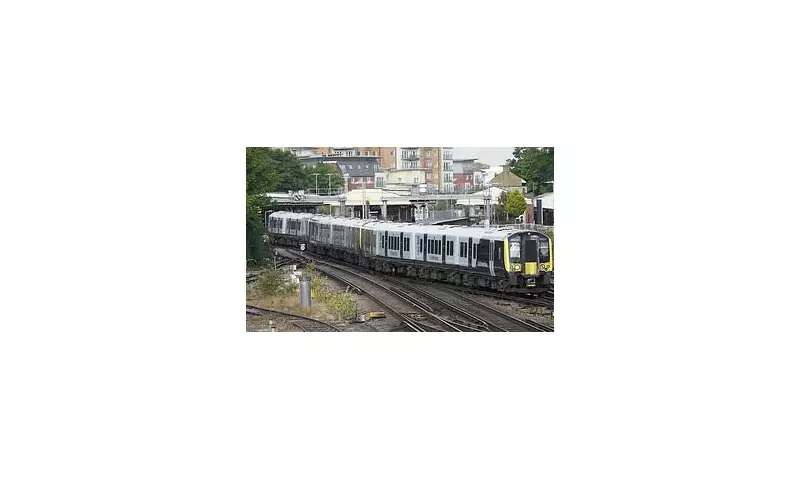
Millions of British commuters and travellers are bracing for another substantial blow to their wallets as rail fares are poised to surge once again in 2025. The planned increase, tied to July's Retail Price Index (RPI) inflation rate of 5%, threatens to add hundreds of pounds to annual travel expenses for regular passengers.
The Financial Impact on Commuters
The proposed 5% hike would see season ticket holders and frequent travellers facing significantly higher costs. A commuter spending £3,000 annually on rail travel would see their expenses increase by £150, compounding the financial pressure during an ongoing cost of living crisis.
Government's Contradictory Stance
Despite the Department for Transport's claim that this approach "strikes a balance" between passenger interests and operational costs, critics argue that rising fares alongside persistent service disruptions represent poor value for money. The government maintains that the funding is essential for maintaining and improving rail services across the network.
Historical Context and Industry Challenges
This potential increase follows last year's 4.9% rise, which was the largest jump in fares since 2013. The rail industry continues to face multiple challenges, including:
- Post-pandemic changes to commuting patterns
- Ongoing industrial disputes and strike actions
- Maintenance backlogs and infrastructure issues
- Pressure to improve punctuality and reliability
Passenger Advocacy Responses
Consumer groups and passenger advocates have expressed strong opposition to the planned increases. They argue that passengers are being asked to pay more for often unreliable and overcrowded services, creating what many describe as a "vicious circle" of declining value and satisfaction.
Looking Ahead: The Future of Rail Travel Costs
With the final decision on the exact increase percentage expected later this year, passengers face continued uncertainty about their travel budgets. The debate continues over whether current pricing structures fairly balance the needs of passengers with the financial requirements of maintaining Britain's rail infrastructure.





